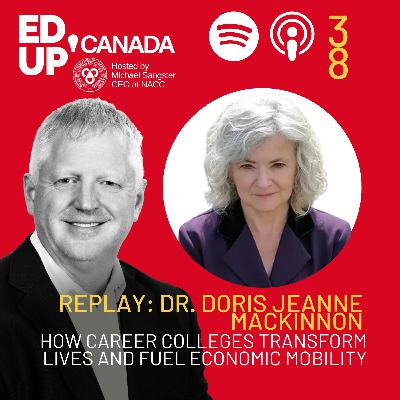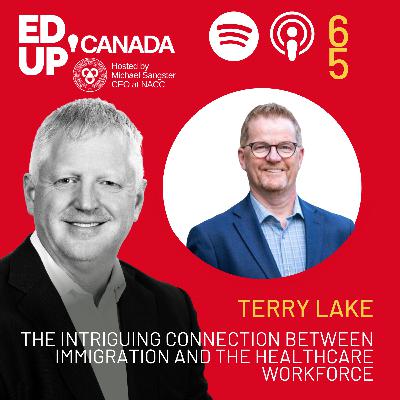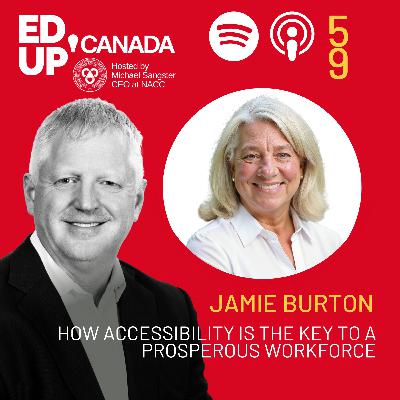“Teachers Are Frontline Providers”: Dr. Leyna Lowe on Mental Health Tools in Canadian Career Education
Description
In episode 56 of the Ed Up Canada podcast, host Michael Sangster discusses the critical issue of mental health awareness and stigma with Dr. Leyna Lowe, National Senior Research and Policy Analyst at the Canadian Mental Health Association. They delve into the theme of masking and unmasking, explore the importance of addressing mental health in educational settings, and review the comprehensive toolkit designed for teachers to better support their students. The episode highlights the ongoing need for federal mental health advocacy and the crucial role educators play in identifying and assisting students with mental health challenges. Dr. Lowe shares activities from the toolkit and emphasizes the importance of creating safe spaces for students to discuss their mental health issues. The conversation underscores the value of normalizing mental health discussions and the positive changes in societal attitudes towards these conversations.
01:04 Meet Dr. Leyna Lowe
03:29 Mental Health Awareness and Stigma
07:00 Classroom Tools for Mental Health
12:19 The Importance of 9-8-8 and Support Systems
14:04 Financial Stress and Student Wellbeing
18:52 The Role of Mentors and Skills for Success
Bio
Dr. Leyna Lowe is Senior Research and Policy Analyst with the Canadian Mental Health Association’s (CMHA) National office. She holds a PhD in Women’s Studies from York University and has over 15 years of experience in research, policy analysis and government advocacy. Although she considers herself a jack-of-all-trades when it comes to mental health policy, her expertise centers on mental health systems transformation, including system performance, the Canada Health Act, and harm reduction and substance use health policy. Dr. Lowe brings an intersectional and social justice lens to her work. She is passionate about holding governments accountable to ensure that health policy is shaped by evidence-informed research and that it best supports the wellness of communities, especially those most deeply impacted by social inequalities.
























